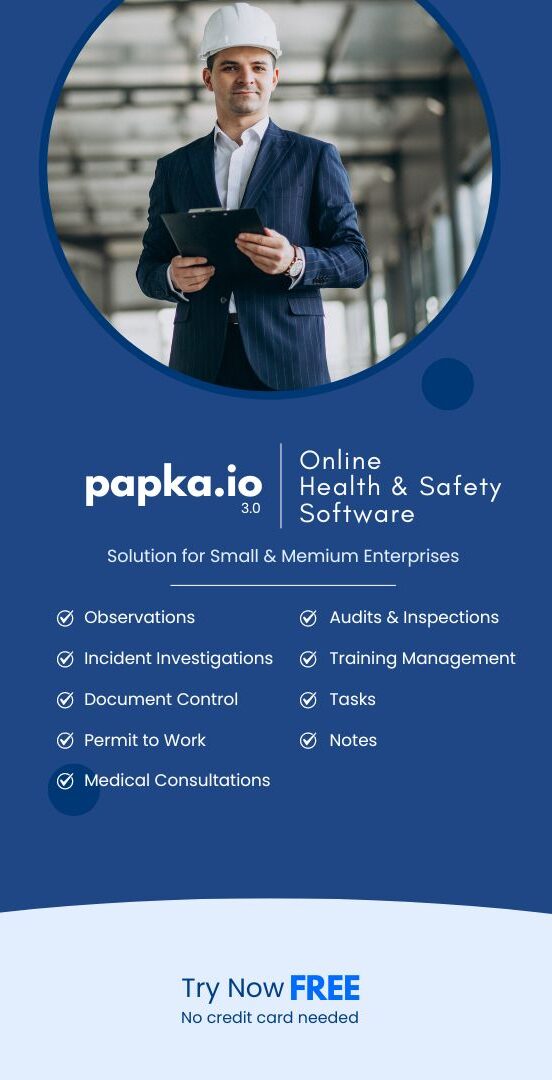Safety First: A Comprehensive Guide to Launching Your Career as a Safety Officer

How to become a safety officer? We have asked this question to someone very smart and experienced, and here is what he replied.
Becoming a safety officer requires a combination of education, experience, and certification. The educational requirements vary depending on the job and the industry but typically include a bachelor’s degree in occupational health and safety or a related field. You may also need to have experience in the field, such as working as a safety technician or in another related role. Additionally, you may need to become certified by taking an exam from a professional organization such as the Board of Certified Safety Professionals (BCSP).
So now let us look into more detailed view on how you can become a Safety Officer and succeed in this field.
To become a safety officer, you will typically need to follow these steps:
- Earn a degree: Most safety officer positions require a bachelor’s degree in a related field, such as occupational health and safety, engineering, or environmental science.
- Gain work experience: Many safety officer positions also require several years of work experience in a related field. You may be able to gain relevant experience through internships, co-op programs, or entry-level positions.
- Obtain certifications: Many safety officer positions also require one or more professional certifications, such as the Certified Safety Professional (CSP) or the Occupational Health and Safety Technician (OHST) credential. These certifications may require you to pass an exam and meet certain education and experience requirements.
- Stay current with industry developments: Safety officers are responsible for ensuring that their organization is in compliance with all relevant safety regulations and standards. To do this effectively, you will need to stay current with developments in the safety field and be willing to continuously learn and adapt.
- Develop strong communication skills: As a safety officer, you will be responsible for communicating safety policies, procedures, and recommendations to employees, management, and other stakeholders. Strong communication skills, including the ability to listen, explain, and persuade, will be essential to your success in this role.
- Build a network of contacts: Building relationships with other professionals in the safety field can be beneficial to your career. You may want to join professional organizations or attend industry conferences and events to make connections and learn about job opportunities.
- Consider specializing: Depending on your interests and career goals, you may want to consider specializing in a particular area of safety, such as construction safety, transportation safety, or industrial safety. Specializing in a particular area can make you more competitive in the job market and may lead to more advanced career opportunities.
- Seek continuing education: As a safety officer, you will need to stay current with developments in the field and be willing to continuously learn and adapt. Pursuing continuing education opportunities, such as taking additional coursework or earning advanced certifications, can help you stay up-to-date and enhance your skills and knowledge.
We hope this information is helpful for you, as someone who considers a career as a safety officer. Good luck!

